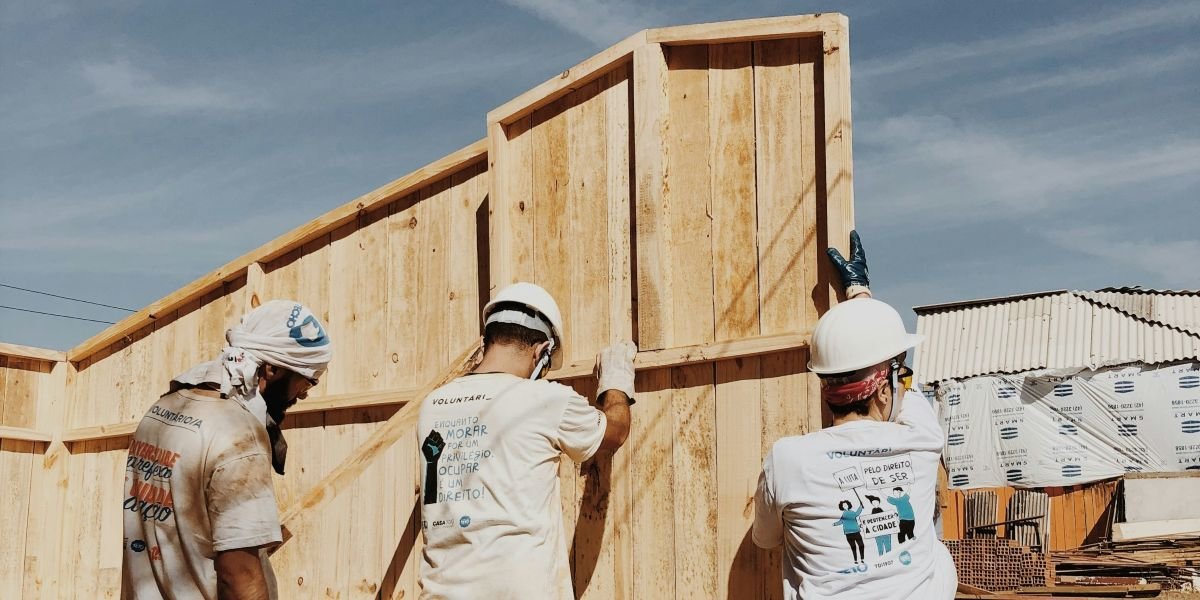Are you an aspiring musician or a seasoned producer looking to build your own recording studio? Planning and constructing a recording studio can be an exciting yet daunting task. There are many factors to consider, from the acoustics of the space to the equipment you’ll need. In this article, we’ll explore the essential considerations to keep in mind when building a recording studio to help you bring your musical vision to life.
Location and Space
The first thing to consider when building a recording studio is the location and space. Ideally, you’ll want to choose a location that is quiet and free from outside noise, such as traffic or construction. Additionally, consider the size of the space you’ll need based on your recording needs. A larger room may be necessary for recording live bands or orchestras, while a smaller room may suffice for solo artists or vocal recordings.
When selecting the location, also consider factors like accessibility for yourself and your clients, as well as the availability of parking spaces. It’s essential to choose a location that is convenient for everyone involved in the recording process.
Acoustics
Acoustics play a crucial role in the sound quality of your recordings. When designing your studio, consider the materials used for walls, floors, and ceilings, as well as the placement of acoustic treatments such as sound-absorbing panels and bass traps. Proper acoustic treatment can help minimize unwanted reflections and reverberations, resulting in cleaner and more professional-sounding recordings.
Additionally, consider the shape of the room and its impact on acoustics. Rectangular rooms tend to create more natural resonances, while irregularly shaped rooms can help break up standing waves and improve sound diffusion. Experiment with different room shapes and acoustic treatments to find the optimal balance for your recording space.
Equipment and Gear
Investing in the right equipment and gear is essential for building a functional recording studio. This includes microphones, preamps, audio interfaces, studio monitors, and headphones, among other essential gear. Researching and selecting high-quality equipment within your budget will ensure that you have the tools necessary to capture and produce top-notch recordings.
When choosing equipment, consider factors like durability, compatibility with other gear, and the specific needs of your recording projects. It’s also worth investing in reliable backup equipment to minimize downtime in case of technical issues during recording sessions.
Workflow and Layout
Consider the workflow and layout of your recording studio to maximize efficiency and productivity. Think about the placement of equipment, furniture, and instruments to create a comfortable and ergonomic workspace. Additionally, consider the flow of traffic within the studio, ensuring that cables and equipment are easily accessible and organized.
Creating designated areas for recording, mixing, and editing can help streamline your workflow and minimize distractions during recording sessions. It’s also essential to leave space for collaboration and communication between musicians, engineers, and producers to ensure smooth coordination throughout the recording process.
Power and Electrical Needs
Ensure that your recording studio has adequate power and electrical infrastructure to support your equipment and gear. Consult with an electrician to assess your power needs and install sufficient outlets, circuit breakers, and surge protectors to prevent electrical issues and ensure the safety of your equipment.
Consider installing dedicated electrical circuits for sensitive equipment like audio interfaces and studio monitors to minimize interference and ensure consistent power supply. It’s also a good idea to invest in uninterruptible power supply (UPS) units to protect your equipment from power surges and outages.
Ventilation and Climate Control
Proper ventilation and climate control are essential for maintaining a comfortable and conducive environment in your recording studio. Install ventilation systems to regulate air quality and prevent overheating, especially if your studio is located in a small or enclosed space. Additionally, consider climate control options such as air conditioning or heating to maintain consistent temperature and humidity levels throughout the year.
Budget and Financing
Building a recording studio can be a significant financial investment, so it’s essential to establish a budget and secure financing if needed. Consider all costs associated with construction, equipment, and ongoing maintenance, and prioritize your spending based on your needs and priorities. Research financing options such as loans or grants to help cover the upfront costs of building your studio.
When budgeting for your recording studio, be sure to account for both initial construction costs and long-term operating expenses like equipment maintenance, utilities, and insurance. It’s also a good idea to set aside a contingency fund for unexpected expenses or emergencies that may arise during the construction process.
Future Expansion and Upgrades
Plan for future expansion and upgrades when designing your recording studio. Consider leaving room for additional equipment or gear as your needs evolve, and budget for potential upgrades to your studio’s infrastructure and technology over time. This will ensure that your recording studio remains relevant and competitive in the ever-changing music industry.
When designing your studio, think about scalability and flexibility to accommodate future growth and technological advancements. Invest in modular furniture and equipment that can be easily reconfigured or upgraded as needed, and leave space for additional rooms or expansion of existing facilities if your budget and space allow.
Legal and Regulatory Considerations
Finally, don’t forget about legal and regulatory considerations when building a recording studio. Obtain any necessary permits or licenses required for construction and operation, and ensure that your studio complies with building codes, zoning regulations, and noise ordinances in your area. Additionally, consider purchasing insurance to protect your investment and liability in case of accidents or damages.
Consult with legal and regulatory experts to ensure that your recording studio is compliant with all applicable laws and regulations, and address any potential legal issues or liabilities proactively. By taking the time to navigate the legal and regulatory landscape, you can avoid costly fines, delays, or legal disputes down the road.
Breathe Life Into Your Recording Studio
Building a recording studio requires careful planning and consideration of various factors, from the location and acoustics of the space to the equipment and gear you’ll need. By taking the time to research and address these essential considerations, you can create a functional and professional recording studio that meets your needs and enables you to unleash your creativity as a musician or producer. With the right approach and attention to detail, you can turn your dream of owning a recording studio into a reality.














